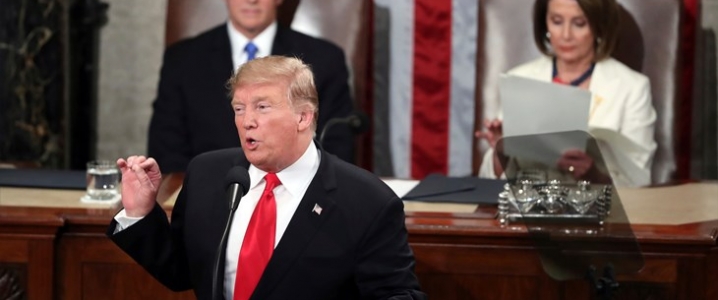By now it’s no longer restricted to individual companies or even to the internet sector. It has spread across a wide range of products, services, and economic sectors, including insurance, retail, healthcare, finance, entertainment, education, transportation, and more, birthing whole new ecosystems of suppliers, producers, customers, market-makers, and market players. Nearly every product or service that begins with the word “smart” or “personalised”, every internet-enabled device, every “digital assistant”, is simply a supply-chain interface for the unobstructed flow of behavioural data on its way to predicting our futures in a surveillance economy.
– From the must read piece: ‘The Goal Is to Automate Us’: Welcome to the Age of Surveillance Capitalism
A lot of my content over the past couple of years has focused on the momentous geopolitical changes I see on the horizon, and this macro perspective reaches two significant conclusions. First, that the planet is moving away from a unipolar world dominated almost entirely by the U.S. toward a more multi-polar world. Second, that this fundamental shift in geopolitical landscape, coupled with what appears to be a forthcoming reckoning with the largest global debt bubble in human history, will lead to a once in a generation reset of the world economy and the global financial system that keeps it functioning. Continue reading →











